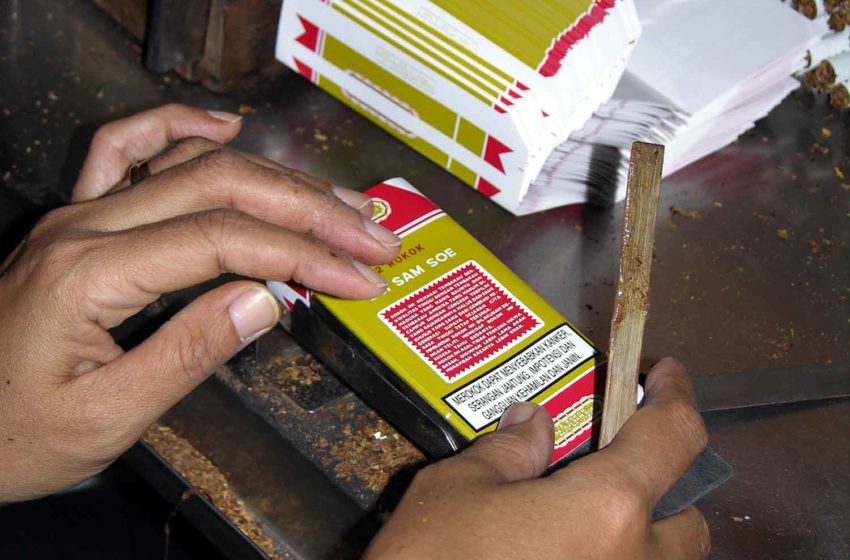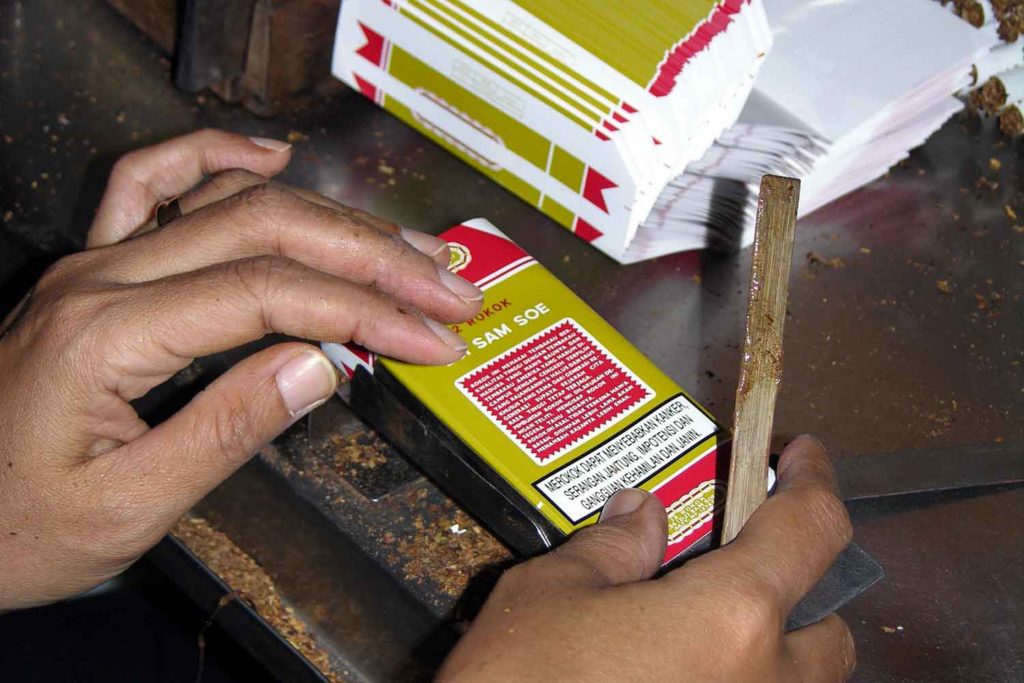
Altria Group reported net revenues of $5.58 billion for the first quarter of 2024, down 2.5 percent from the comparable 2023 period. Revenues net of excise taxes declined 1 percent to $4.72 billion. The company reaffirmed its 2024 full-year adjusted diluted earnings-per-share guidance range of $5.05 to $5.17.
Altria attributed the income declines to lower net revenues in the smokeable products segment, partially offset by higher net revenues in the oral tobacco products segment and the “all other” category.
Marlboro’s retail share of the total cigarette category was 42 percent, unchanged from the prior year. The brand’s share of the premium segment was 59.3 percent, an increase of 0.7 share points versus the prior-year period.
The company shipped 1 million Njoy devices and 10.9 million units of Njoy consumables during the quarter. Njoy held a 4.3 percent share of the U.S. mini-outlet and convenience channel segment.
“We made meaningful progress in pursuit of our vision, and our highly profitable traditional tobacco businesses continued to perform well in a challenging environment,” said Altria CEO Billy Gifford in a statement, referring to the company’s ambition “to responsibly lead the transition of adult smokers to a smoke-free future.”
“In spite of the absence of an effective regulatory environment, we saw continued early momentum from Njoy and believe our businesses are on track to deliver against full-year plans.
“We also demonstrated our continued commitment to maximizing the return on our investments and delivering strong shareholder returns through the sale of a portion of our investment in ABI and the subsequent expansion of our share repurchase program in March,” Gifford said, referring to Altria Group’s March sale of 35 million ordinary shares of Anheuser-Busch InBev.



















